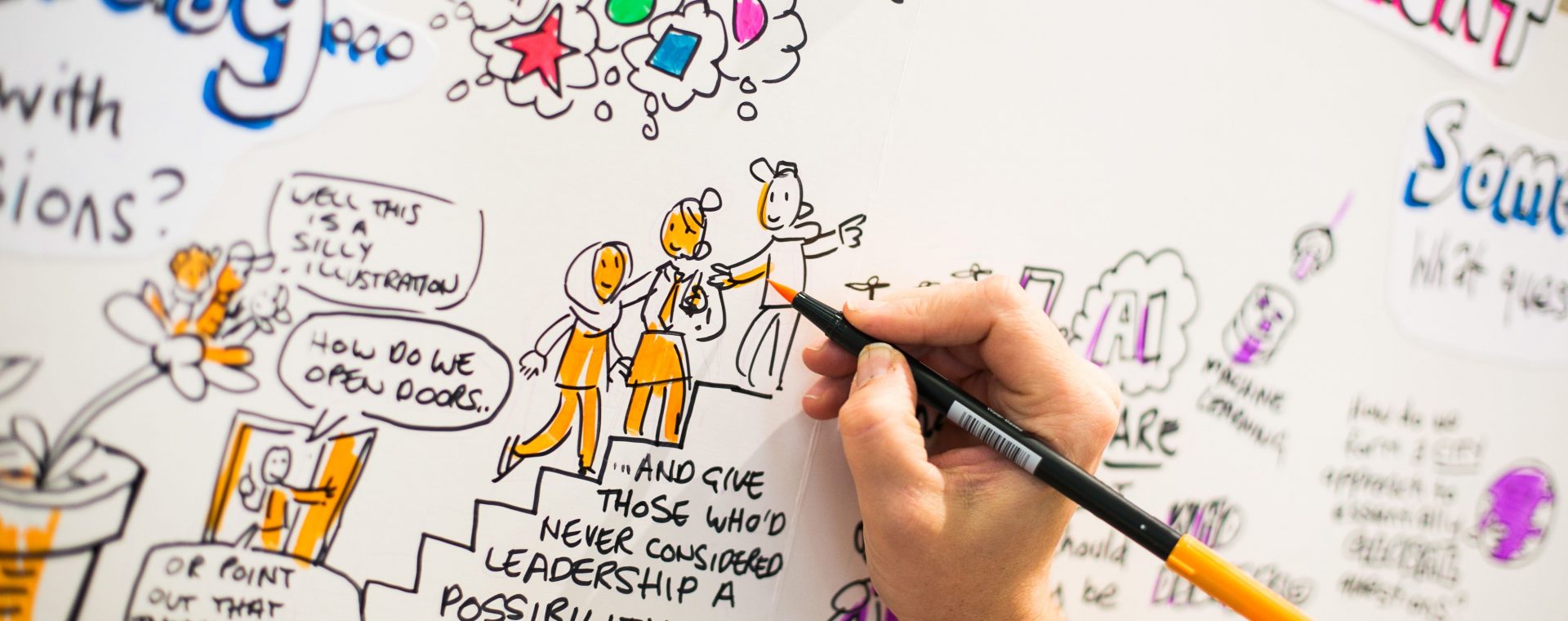
Cities are at the forefront of humanity’s responses to widespread and disruptive change. Within fifty years they will be home to over 50% of the world’s population. How cities respond to a warming climate, whether they enable transition to low carbon communities or continue to extract and exploit natural resources, how they relate to rural communities and source their food and drinking water, will determine how and whether viable ecosystems are sustained over the next century. The ways in which cities appropriate digital technologies, whether they are used as instruments of control and surveillance or as resources for conviviality in support of humanity, will shape the parameters of human experience of freedom. How cities respond to contemporary crises in democracy, whether they are able to create collective forums for encounter, negotiation and imagination, or become sites for the exercise of oligarchical power, will determine the lived experience and political rights of millions around the globe. That the stakes are high is evident in the raft of publications proposing new directions for the future city. Everywhere there are calls for cities to radically evolve, to become new sorts of cities: ‘sharing cities’ and ‘viable cities’, ‘smart cities’ and ‘resilient cities’, ‘rebel cities’ or ‘inclusive cities’.
Our contention in this article, however, is simple: that learning, and in particular what we call everyday and expansive learning, is an essential part of any attempt to reimagine and remake cities for sustainable and socially just futures. Learning, we argue, is the fundamental process by which individuals, groups and organizations recognize and understand what is going on in the world, confront challenges, imagine new possibilities, build relationships and create personal and societal change. Learning is not limited to the formal processes of education that take place in schools and universities. Rather, learning is a powerful social process that is central to any societal transformation. Understanding how everyday learning in the city works, understanding how it is nurtured and facilitated by individuals, communities and public spaces as well as what enables transformative and expansive learning processes at city scale must be central to the agenda of anyone with an interest in transforming the city.
We understand Everyday Learning as the ongoing processes by which individuals draw on the social, material, and cultural environments in the city in order to develop intellectual or emotional capabilities or embodied skills and routines. Everyday learning happens through the people and materials that exist in specific places – from playgrounds to pubs, from shops to city streets. For instance, the improvised learning that happens between skaters in relation with the urban environment as they share and learn new tricks and ways of moving around the city or the learning we do as we garden in building our understandings of the kind of soil we are working with, the way the sun shines or doesn’t on our plots, the access to water, the seasons and what they allow us to grow or not grow. Everyday learning is what we all do all of the time, more or less intentionally. What is important about Everyday Learning in the city is that encountering different conditions, resources and experiences at home, at work, in the community, means that individuals and groups come to develop very different ways of knowing and being in the world. What emerges from everyday learning, then, is a rich patchwork of different forms of knowledge distributed across the city and reflecting different cultures and experiences and resources.
Expansive Learning meanwhile can be understood as the processes that assemble and collide different people and their different ways of knowing to enable multiple perspectives to be brought to bear on problematic or new situations. Such expansive learning processes may be intentionally convened by city actors – think of how universities, city leaders and community organizations are increasingly forming alliances to address the challenges of inequalities during the recent pandemic. These processes of convening the public around an issue create the possibility of thinking or making something new together and enable new relationships to emerge between different social actors.
Expansive Learning practices are precisely the places in and through which inhabitants of cities can learn to live together, to negotiate together, to generate new forms of common knowledge and to collectively engage in the task of renewing the city. It is therefore vital that we understand these processes, what it takes to convene them and to explore how to overcome the difficulties that necessarily face anyone attempting to create collective learning. This is especially the case when you consider the different ways of knowing and experience that emerge from everyday learning practices. Expansive learning, we propose, is the foundation of democracy in our cities.
We believe that understanding both everyday and expansive forms of learning is essential to a just transition to sustainable cities. It is only by understanding and working with the rich abundance of everyday learning in the city, by supporting the many, often-unrecognized, community leaders who are creating powerful, often-invisible learning communities in the city, and by building learning conversations across difference – in particular, between city leaders, community organizations and researchers – that truly fair, democratic and sustainable cities can be created.


